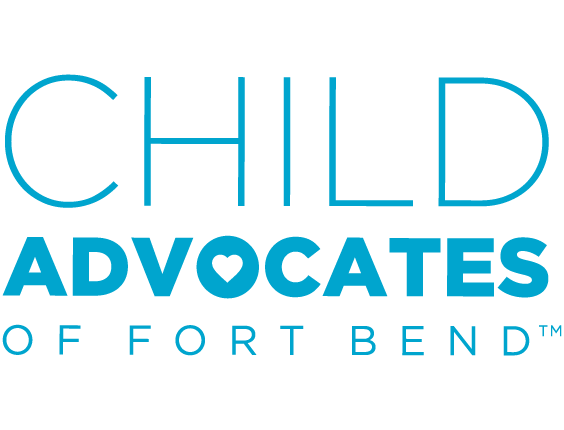How You Can Help Protect Children
Teachers, counselors, administrators and other school employees are all in a position to make a direct and positive difference in a child’s life by learning how to recognize and report child abuse and neglect. Not surprising, you are the most frequent reporters of abuse, since you see these children daily in your classrooms and may notice physical signs of abuse or neglect, changes in the child’s behavior, or emotional reactions in the course of the school day. You play an important role in a child’s life and often represent a safe place for child victims to disclose abuse, particularly when the abuse occurs in the home. You also may interact with parents and caregivers on a regular basis and may notice neglectful or abusive parenting or the absence of a parent’s or caregiver’s involvement in a child’s life. It is important to understand the signs and symptoms of abuse and how to report it. If you see something or suspect abuse, report it.
Teachers and all school employees are considered professional reporters in Texas and are required by law to report suspected child abuse or neglect within 48 hours of the initial suspicions of abuse or neglect.
If a child is in immediate danger, call 911. To report abuse, call the Texas Abuse Hotline 24/7 at 1-800-252-5400 or report online at www.TxAbuseHotline.org.
- Victim information such as name, date of birth, home address, and where the child goes to school or daycare.
- Who lives in the home with the child including other children, adults, and caregivers.
- What your concerns are, what has been said to you, or what you have observed. Remember, you don’t have to investigate your suspicions, just explain your concerns for the safety of the child or children.
- When this incident or concern came about.
- Name and contact information of others who have observed the incident or information regarding your concerns.
- Your contact information so that a case worker can follow up with you. Your name and information will remain confidential.
- If the report is assigned for investigation, a CPS caseworker must initiate an investigation within 24 to 72 hours depending upon the priority assigned to the case. Upon Completion of the investigation, a reporter will receive a notification of findings letter.
- All reports made to the Texas Abuse Hotline or website are also sent to the appropriate law enforcement agency for possible criminal investigation.
- If you have concerns about the investigation, you can file a complaint with the Office of Consumer Affairs by calling 1-800-720-7777 or emailing: oca@dfps.state.tx.us.
As an educator you are in a position of authority for children. There are some best practices and ways to make the environment around you safer for students. By modeling boundaries and healthy behaviors, you are communicating to children and adults what is acceptable or not acceptable interactions.
- Model Healthy Touch- This includes asking for permission to touch a student prior to the interaction. High fives, fist bumps, pat on the back are all forms of healthy touch.
- Keep communication safe- Children and teens who need to contact teachers, counselors, coaches, or other administrators should be encouraged to do so on platforms that are approved by your school. Communication should always include parent/guardians.
- Social media- Students and teachers should not interact in a casual/friendship setting and that includes social media. Teachers can explain to students the professional boundaries that are in place and why it’s important that all professionals students interact with to keep these boundaries.
- One on one- Teachers should limit one on one interactions with students. If a teacher or other school official is one on one with a student the situation should be visible- with a door open, within view of a window, or interruptible. Best practice for private conversations is to include a second adult or have the private conversations where the adult is in view of others passing by.
Praesidium has great resources and training that anyone interacting with children can use to create safety. https://www.praesidiuminc.com/prevention-tools/
FAQs
Be supportive of the child but do not promise the child anything that is beyond your control. Listen to the child and ask only enough follow up questions to make a report. You will need to know the family’s location or contact information; the alleged perpetrator’s name, relationship to the child and access to the child; and the type of abuse – sexual, physical, emotional or neglect.
In addition, you will need to find out the child’s feelings about returning to the home that day.
If there is no danger of the child going home to an alleged abuser, immediately make a report to CPS (1-800-252-5400) or the school’s law enforcement officer. The earlier the report is called in, the better.
If the child may go home that afternoon or evening to an alleged abuser, call your school’s law enforcement personnel immediately. They can make decisions regarding the child’s immediate safety and can expedite the reporting process. You will still need to make a report to CPS (1-800-252-5400).
If the incident occurred on school property, call both CPS and the school’s law enforcement officer. A report must be made to the law enforcement agency assigned to your school immediately.
No. The child should only have to tell their story to one person at the school – YOU! Do not allow multiple school personnel to interview the child.
Regardless of who the abuser is, you should not notify the child’s parents of the child’s disclosure or tell them that a report was made. Schools should never contact parents regarding suspicions, even if CPS or law enforcement is detaining the child. Let the assigned investigator contact the parents or the child might be in danger and the case could be seriously compromised.
